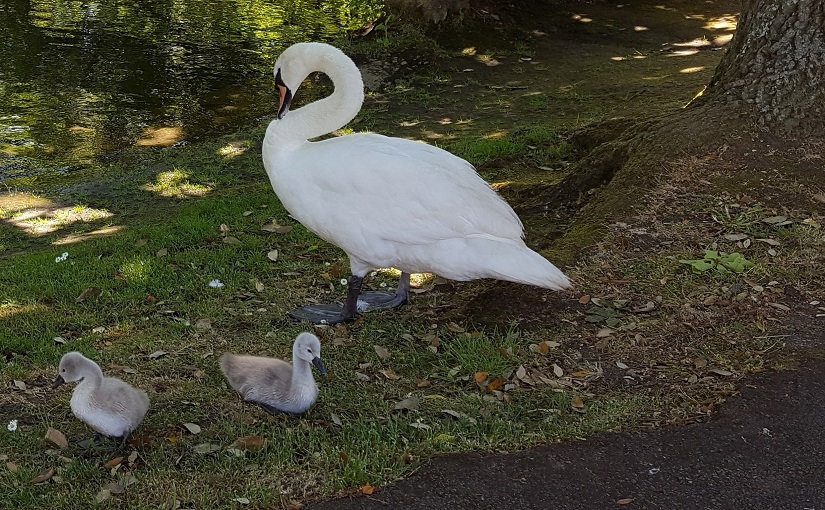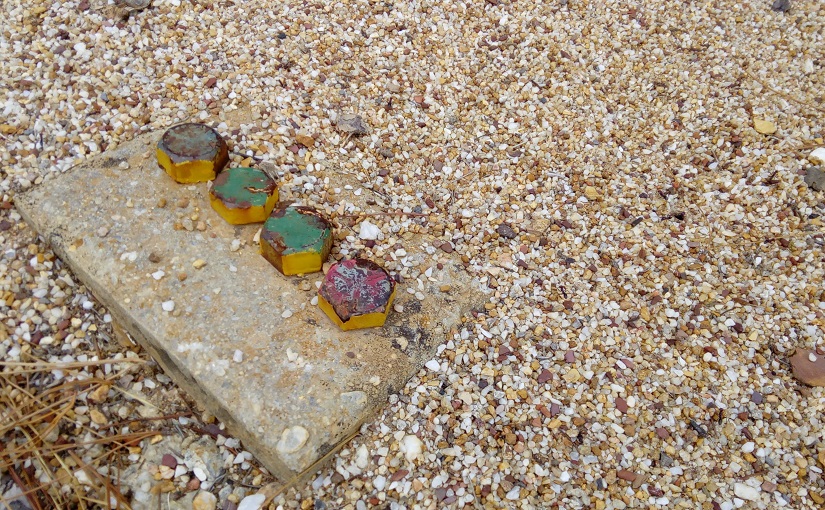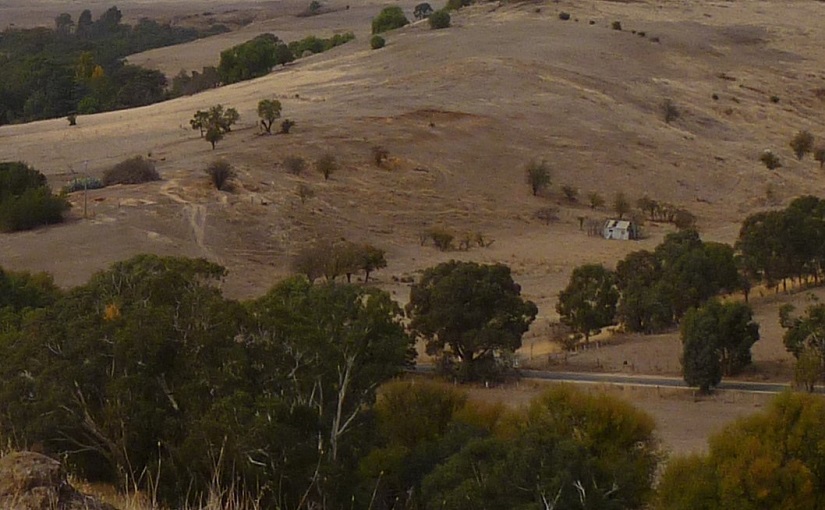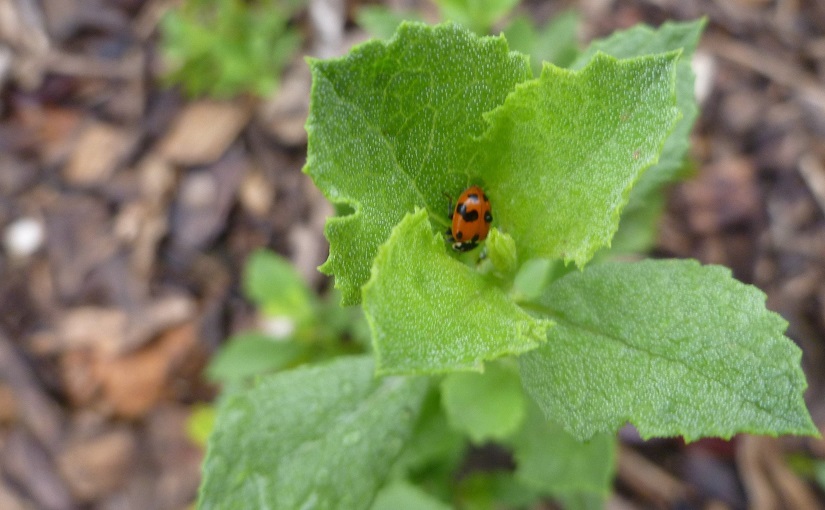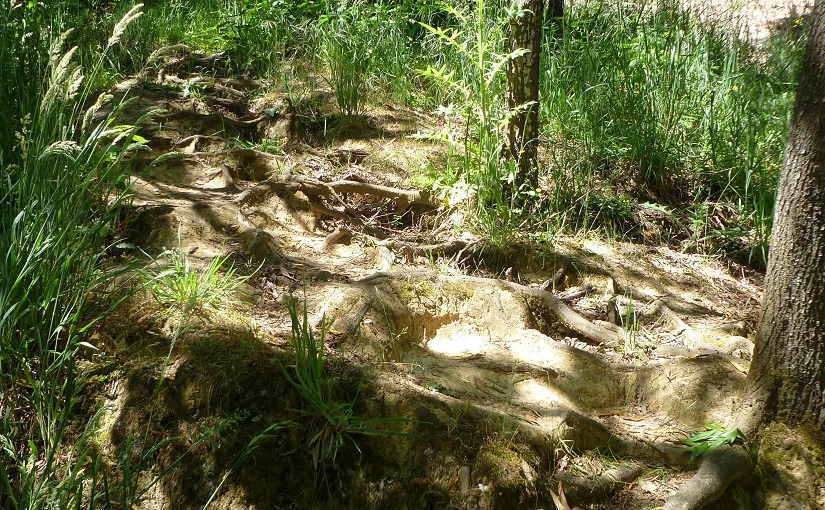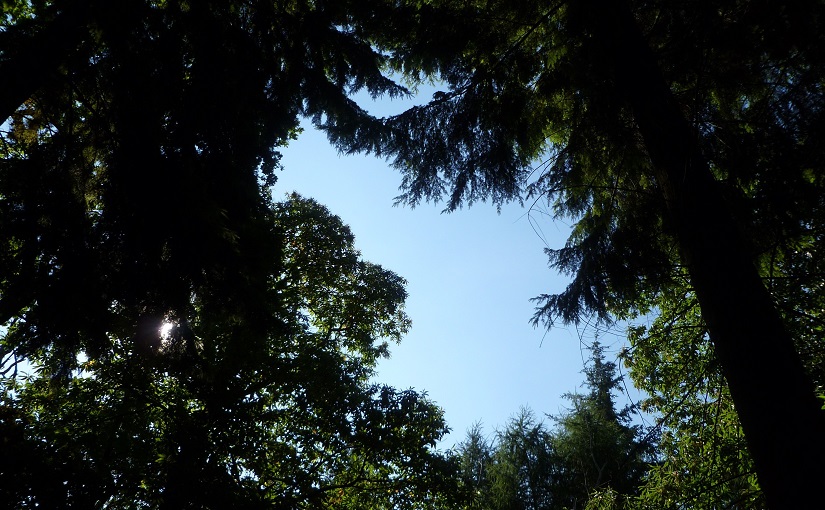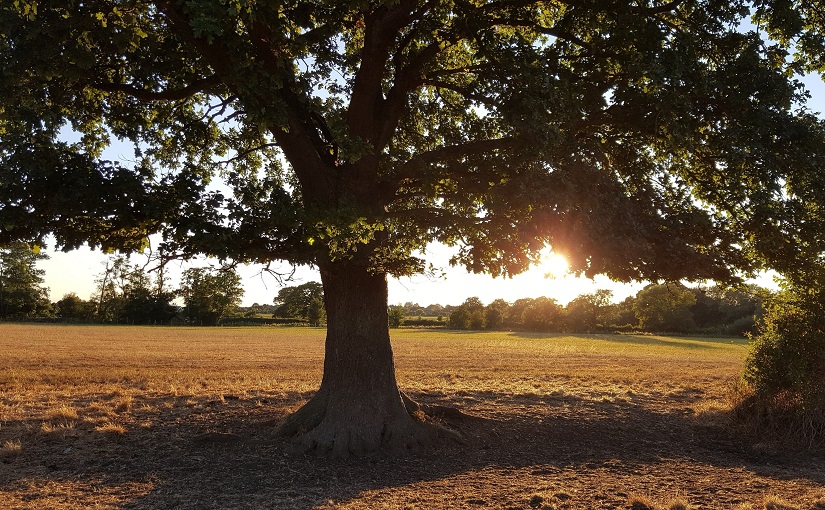Is there a sense in which growing up “has” to mean breaking away from what went before? Does identity have to be defined “against” what we wish to be free of? It’s one way of creating boundaries – pushing away from what’s around – but is it the only one?
It’s surely a “natural” way of gaining a greater sense of self: separating from what’s formed us to decide for ourselves how we’ll be. Looking to nature, moving beyond limitations also seems natural – life perhaps “being” this path of preparing others to rise above current levels and meet the future well. In all these ways, it could be natural we push back (Notes One).
Whereas in the past young people might’ve lived more under the wing of their ancestors, looking to them for the model and guidance for how to live, we seem to have turned all that on its head. As opposed to respectful engagement and integration with what went before there’s now a great deal of challenge and criticism. And maybe that’s “right”, in a way; if how we’ve been living was somehow mistaken (Notes Two).
But defining ourselves by rejecting what’s around us also seems quite strange and divisive. Identity’s a funny concept – this place where inner meets outer and something gets created. Our own unique blend of who we feel ourselves to be, formed out of the options society’s currently offering. We pull some bits toward us and push others firmly away, taking our place in reality that way.
It’s where private realities encounter the world and we get drawn into its play with form – a place of labels, assumptions, and all the ways we claim to know who someone “is” from what’s on the outside. A life-consuming game, and not one that everyone’s interested in playing. It can’t be the only way to be human?
The sense of where we stand in life and what life “means” surely matters? Having some idea of what it is to live “well” – what our freedom represents within the bigger picture. Doesn’t that come from what’s passed onto us? All the things previous humans felt were important for further generations; the skills, values, facts and activities deemed essential (Notes Three).
Education must be a fairly crucial process for a thinking species if we’re to successfully pass on that capacity and all it’s gained for us over the years. Isn’t rejection and disrespect for learning – for the people and paths coming before – a strange statement within the “conversation of society”? If, with our words and relationships, we’re forming links in the chain of humanity then what does it mean to break with that process?
How is it we come into life and take our place in the adult world? Isn’t life largely our attitudes to one another, to society and the thinking behind it? Isn’t “that” what we have to engage with, somehow? Anticipating rebellion surely carries a strange sense of contradiction: why impart important truths if they’ll only be discarded?
Notes and References:
Note 1: Complication of being human
Note 1: Problems & the thought that created them
Note 1: What it is to be human
Note 1: Masks we all wear
Note 2: On whose terms?
Note 2: How ideas find their place in the world
Note 2: Old meets new, sharing insight
Note 2: In the deep end…
Note 3: True relationship within society?
Note 3: Knowledge, capacity & understanding
Note 3: Culture as a conversation across time
Note 3: Meaning within it all

